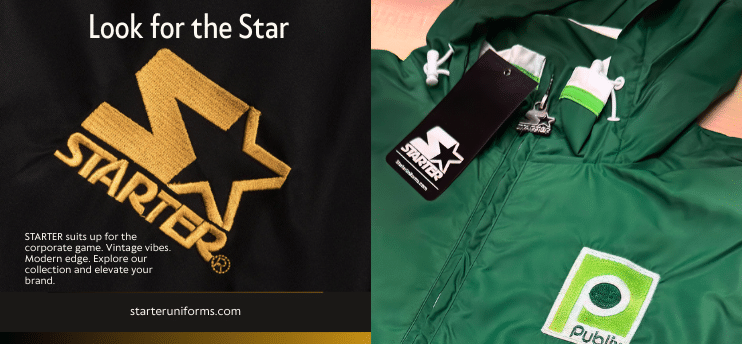You have more influence than you might think. It’s how you show up every day and consistently strive to do your best. Influence doesn’t come from having a big title or decades of experience — it’s built on small, intentional moments. When you bring new ideas to meetings or ask thoughtful questions, you shape how others see you.
Executive business coach Allison Dunn says some people think influence involves persuasion or manipulation. But that’s not the case at all. Real influence, she says, doesn’t involve pressure but invites alignment. It’s helping others take action based on their situation, not yours. So, how can you become a more influential person? Read on. In this issue of PromoPro Daily, we share Dunn’s 5 habits for building influence.
- Ask better questions. Dunn says real influence starts with understanding. Also, try to be the calmest person in the room. Calmness carries weight, especially in tense situations where emotions run high and decisions are critical. She recommends staying curious and asking thoughtful questions rather than just offering solutions, because this approach uncovers real needs and encourages open dialogue among colleagues.
- Affirm values in others. When you notice someone acting on a shared value, name it. This builds connection, Dunn says, and reinforces the behaviors that support team culture. Acknowledging values demonstrates attention, respect and encouragement, helping others feel validated and motivated to continue contributing their best work.
- Show up consistently. You can’t build influence if you only show up sometimes. Inconsistency erodes influence, Dunn says. Decide how you want to show up, then follow through, even on small tasks or routine interactions. Reliability over time signals dependability and reinforces that your influence comes from steady, intentional presence, not occasional gestures.
- Let your presence speak first. Remember, you don’t need to say more to be more influential. In fact, Dunn says people decide whether to trust your influence before you speak. Pay attention to your energy, posture and tone, because nonverbal cues communicate confidence, attentiveness and authenticity in ways that words alone often cannot.
- Enter rooms with curiosity, not control. People feel when you’re there to contribute, not command, Dunn says. Make eye contact, not assumptions. People feel seen when you meet them where they are, and approaching situations with genuine curiosity fosters collaboration, invites others’ ideas and builds rapport more effectively than trying to dominate a conversation or decision.
When you want to grow your personal influence, don’t focus on making big gestures. Instead, pay attention to the small things, like the emails you write and the questions you ask. It’s through these small, consistent actions and behaviors that you build trust and influence.
Compiled by Audrey Sellers
Source: Allison Dunn is an executive business coach and owner of Deliberate Directions, a company that offers business and executive coaching, leadership training and business planning services.


